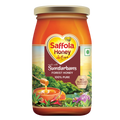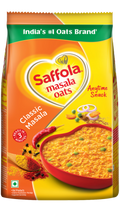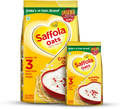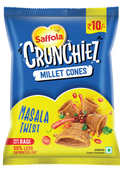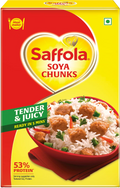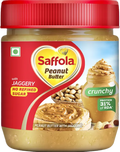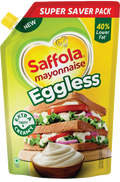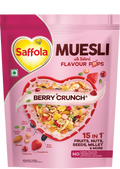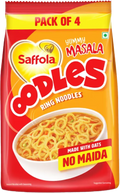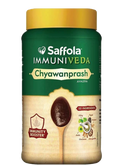29 June, 2024

5 min

11
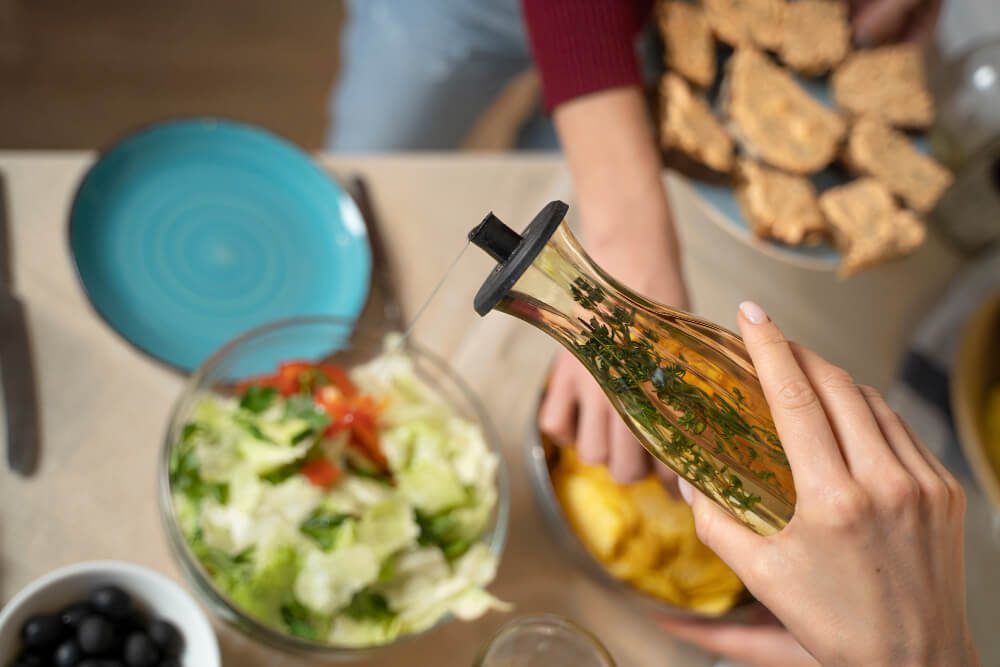
Greetings, culinary explorers and health-conscious foodies! Whether you're a master chef in the making or a kitchen novice seeking to whip up delectable dishes, one ingredient that stands as the backbone of most recipes is none other than the versatile vegetable oil. However, navigating the vast realm of cooking oils can be akin to navigating a maze – it's easy to get lost in the options and end up with a subpar culinary experience. Fret not! We're here to shed some light on this slippery subject and help you glide your way to the better vegetable oil for your culinary creations. After all, the right vegetable oil marks the difference between a delicious and nutritious meal and one that falls flat on taste and health benefits. (source) In this blog, we will be diving into the world of vegetable oils, decoding the complexities, and uncovering the secrets to choosing the better vegetable oil for your cooking escapades. So, grab your apron and get ready to embark on a journey of taste, health, and culinary prowess. Here are the factors you should consider before settling for a vegetable cooking oil:
1) Choose your vegetable cooking oil wisely
Before we probe into the heart of the matter, let's break down the array of vegetable cooking oils out there. From rice bran oil to safflower seed oil, each one brings its own unique flavour, smoking point, and nutritional profile to the table. When it comes to vegetable oil for cooking, you'll want to consider the smoke point – the temperature at which the oil starts to break down and release smoke. For high-heat cooking like frying, go for oils with high smoke points. For gentle sautéing or salad dressings, oils with low smoke points could be your go-to option.
2) Be informed about the nutritional value of the oil
Next up, let's demystify the nutritional aspect of vegetable oils. We've all heard of the dreaded calories, but understanding them in relation to your cooking oil is key. Vegetable oil calories can vary from one type to another. But remember, it's not just about the calories – the quality of the calories matters too! Dive deep into the label to uncover the ingredients in your vegetable oil. Opt for oils that are free from artificial additives. Your health deserves nothing less.
3) The heart of the matter - the better vegetable oil for heart health
Ah, the heart – that hardworking organ that deserves all the love and care. When heart health is your priority, there's a star in the realm of vegetable oils: Saffola Total. This pro-heart-conscious oil is a game-changer. It's not just your regular vegetable oil for cooking; it's a heart's best friend. Saffola Total is scientifically proven to reduce cholesterol. It is armed with an advanced antioxidant system that tackles harmful free radicals. And then there's oryzanol, the unsung hero that helps maintain healthy cholesterol levels. From cholesterol levels to overall heart well-being, Saffola Total has got your back.
4) Explore the power of anti-oxidants and oryzanol
Prepare to be amazed by the culinary secret agents – anti-oxidants and oryzanol. Think of anti-oxidants as the caped crusaders swooping in to help your health from the clutches of harmful free radicals. These tiny powerhouses combat oxidative damage and help keep diseases at bay. And then there's oryzanol, helping manage cholesterol levels. It's like having a personal health ally, right there in your kitchen. (source)
5) The lesser, the better - moderate your oil consumption
Now that we've delved into the world of cooking oils, it's time to unveil a universal truth – less is often more, especially when it comes to oil. Regardless of the brand or type you choose, here's a fundamental tip for all your cooking adventures: aim to consume less oil. The magic trick lies in moderation. Cooking with excessive oil not only adds unnecessary calories but also takes away from the healthiness of your dishes. So, whether you're frying, sautéing, or dressing a salad, remember that a little goes a long way. Opt for techniques that use minimal oil, like baking, steaming, or grilling, and make those heart-conscious choices by keeping your oil portions in check. Your body will thank you, and your culinary creations will still shine with flavour and finesse. Cooking healthier doesn't require cutting out the pleasure – it's all about balance. (source)
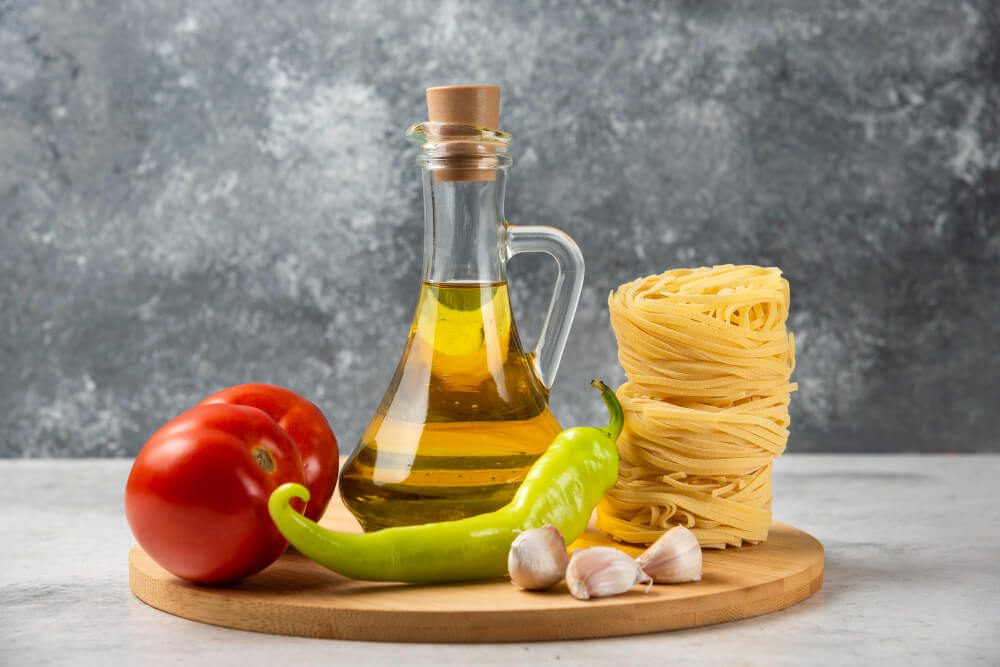
As you step into your kitchen arena armed with newfound wisdom, remember that choosing the right vegetable oil is more than just a decision – it's a step towards a healthier, and tastier life. From mastering the art of smoke points to deciphering nutritional labels, you're now equipped with the tools to create culinary marvels that are as delightful for your taste buds as they are for your heart. So, let your culinary journey be guided by these five factors and watch your dishes shine with deliciousness and vitality. Your taste buds, health, and inner chef will undoubtedly thank you for it. Happy cooking!


